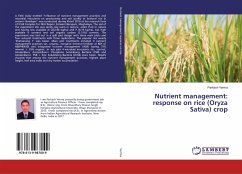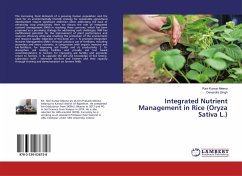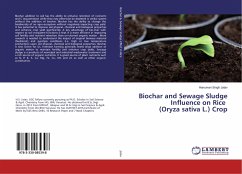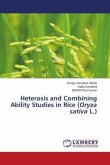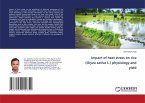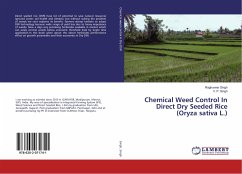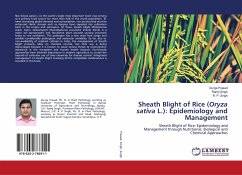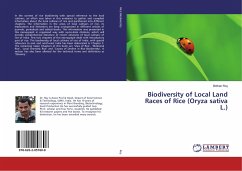A field study entitled "Influence of nutrient management practices and microbial inoculants on productivity and soil quality of lowland rice in eastern Himalayas'' was conducted during Kharif 2016 at the research farm of ICAR Complex for NEH Region (Umaim) Barapani, Meghalaya. The soil of the experiment site was sandy clay loam in texture, acidic (5.0) in nature and having low available N (252.98 kg/ha) and P (8.19 kg/ha), but high available K content and soil organic carbon (2.51%) content. The experiment was laid out in a split plot design with three main plots and four sub-plot treatments with three replications. The popular rice variety 'Shahsarang 1' was taken. Main plot treatments included 3 nutrient management practices viz., organic, inorganic (mineral fertilizer at RDF of N80P40K40) and integrated nutrient management (INM) having 75% mineral + 25% organic. In sub plot 4 microbial inoculants viz., control, Azospirillum, Azospirillum+ Phosphate Solubilizing Bacteria (PSB) and Azospirillum+ PSB + Zinc Solubilizing Bacteria (ZnSB) were taken. Results showed that among the nutrient management practices, highest plant height, leaf area index and dry matter accumulation.
Bitte wählen Sie Ihr Anliegen aus.
Rechnungen
Retourenschein anfordern
Bestellstatus
Storno

